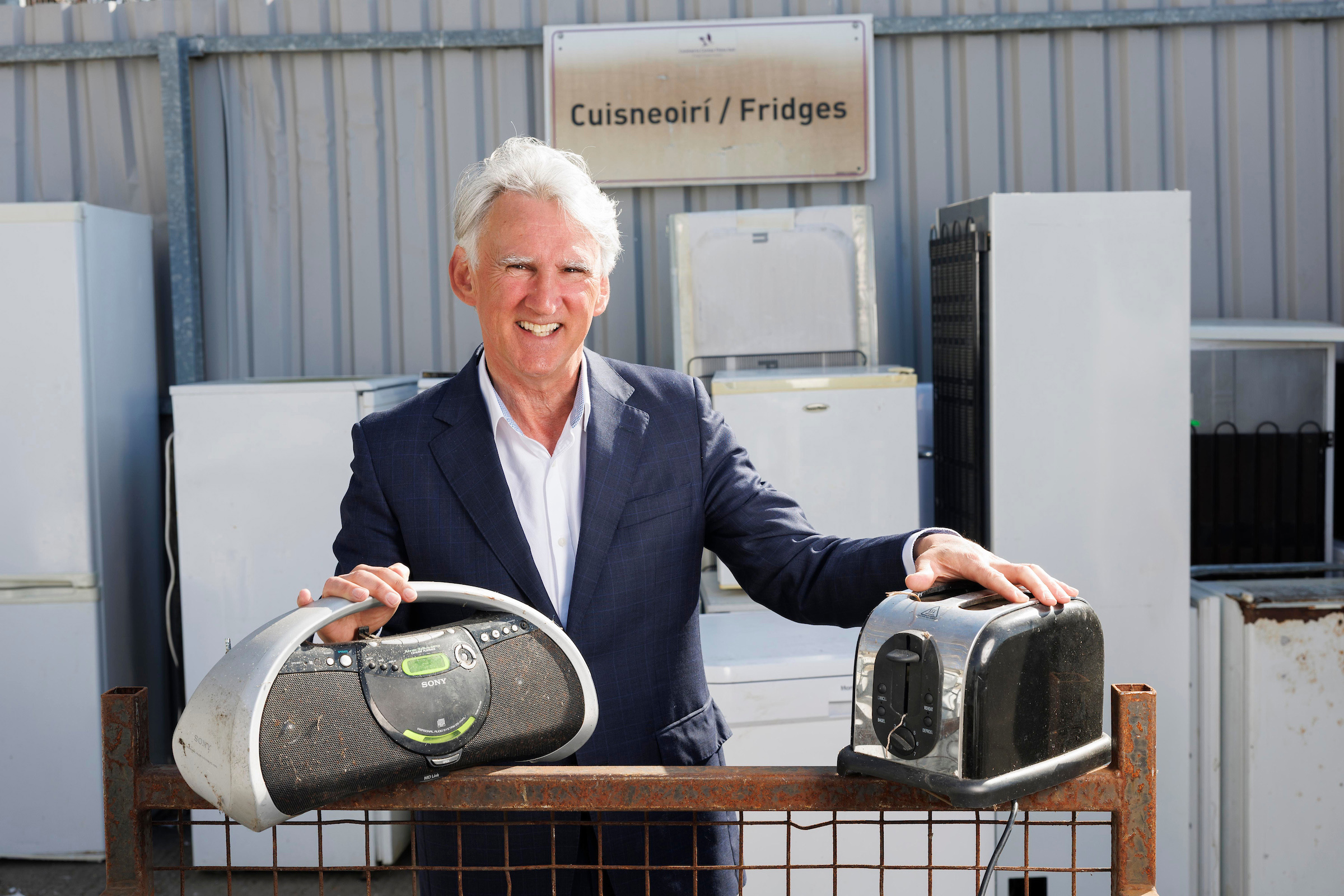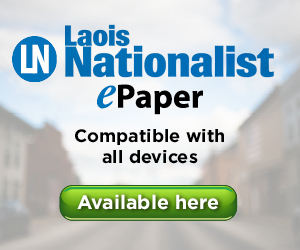EU targets do not properly reflect e-waste recycling efforts, WEEE Ireland warns

By David Young, PA
An organisation that facilitates the collection of electronic waste has expressed concern that EU recycling targets ignore the impact of a growing circular economy in Ireland.
Waste Electrical and Electronic Equipment (WEEE) Ireland, which is marking 20 years in operation this year, has highlighted that more than 250 million old and broken electrical items have been prevented from entering landfill since 2005.
WEEE said it has facilitated the collection and recycling of more than 609,000 tonnes of electrical waste in the last 20 years.
That haul included 7.6 million large household appliances, 1.8 million fridges, 5.1 million televisions and monitors, 47.5 million lamps, and the equivalent of 725 million used AA batteries.
However, the not-for-profit organisation, which operates Ireland’s largest e-waste compliance scheme, said the country will struggle to meet EU targets on electronic collections going forward due to the way the goals are set.
WEEE Ireland chief executive Leo Donovan said Ireland’s efforts are not being properly recognised within the targets as they do not account for the improved lifespan of technology, as well as efforts to repair and reuse products.

Mr Donovan said EU member states are required to collect a minimum of 65 per cent of the average weight of electrical and electronic equipment placed on the market over the preceding three years.”While WEEE Ireland’s takeback rates match the European average, our ability to meet this target is moving further out of reach every year – not because we’re failing, but because the targets ignore the real impact of circular economy efforts,” he said.
“The EU’s current linear weight-based targets do not consider the extended lifespans of modern electronics or the growing emphasis on repair and reuse, meaning Ireland’s true environmental progress goes unrecognised.
“So if a mobile phone is repaired or refurbished, it does not count toward Ireland’s official environmental performance, despite keeping raw materials in circulation.
“Newer appliances such as solar PV panels and heat pumps last 15 to 20 years, delaying their recycling eligibility, so we need realistic targets to benchmark our systems and drive improvement.”
The organisation has invested around €25 million annually into building and supporting Ireland’s recycling infrastructure.
Mr Donovan said notable successes of the last 20 years include collaboration with Irish collection, recycling and recovery operators, particularly WEEE Ireland’s partners KMK Metals Recycling, Irish Lamps Recycling and Recycle IT.
He said those link-ups have led to more than 30,000 tonnes of steel, plastic and glass being extracted from e-waste every year.
Other valuable metals such as aluminium, copper and iron are also extracted.





